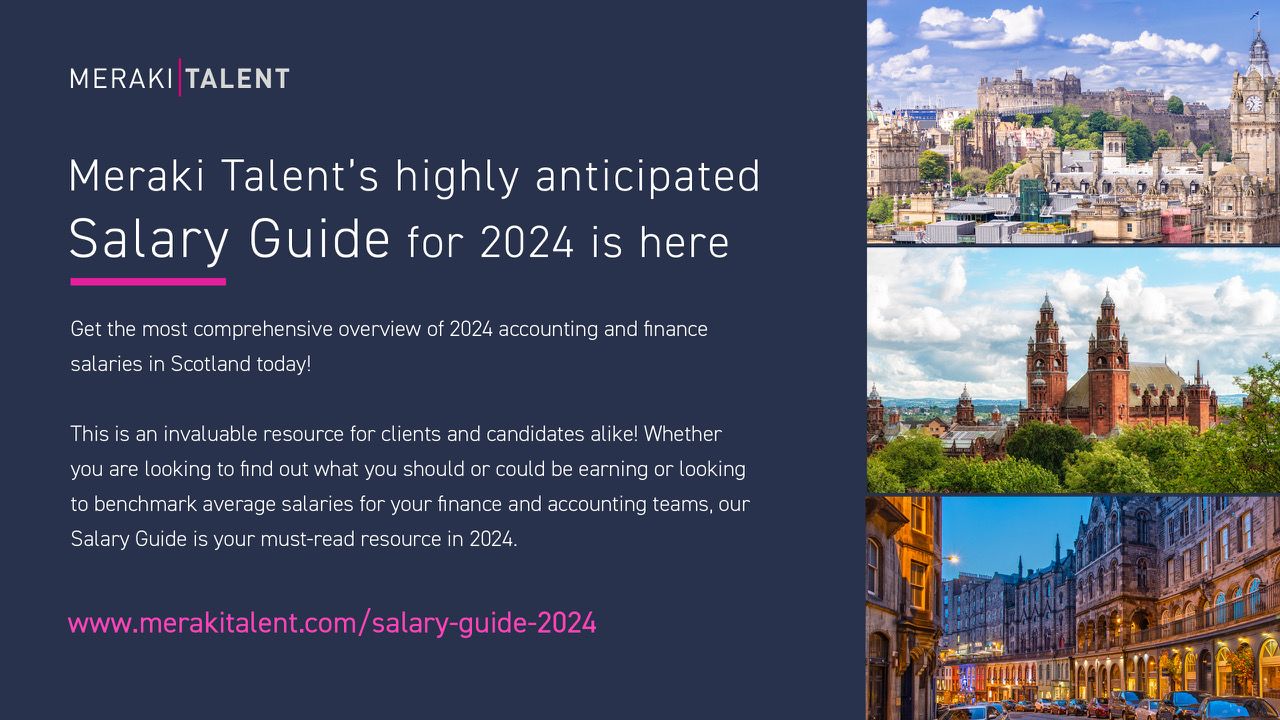THE ACCOUNT
The latest in finance and business

Bumping the boring
Accounting software provider FreeAgent recently conducted a survey about perceptions of the industry. The good news is the majority of business leaders believe the stereotype of accountants being boring is false (77%). Unfortunately, however, almost half of accountants (49%) say the profession itself makes for a “stuffy and dull” job, while 44% say it has a negative impact on how other people view them.
Stereotypically, people associate accountants with being “good at maths”, but accountancy recruiters view high attention to detail as the most important skill (59%), while mathematical aptitude ranks fourth, behind problem solving and analytical skills.
“The data highlights a disparity in how the profession is viewed by both businesses and accountants, giving insight into how modern accountants are increasingly playing strategic roles within organisations beyond perception,” said FreeAgent CEO, Roan Lavery.
“Despite the perpetuation of stereotypes, the accountancy sector stands out as a leading industry in innovation and value creation, reflecting significant advancements over time. As the sector continues to evolve, accountants must confront and challenge these stereotypes to increase interest in the sector once more.”

Over the influencers?
A year or so ago there was a glut of stories on the topic of “deinfluencers”. Back then, the deinfluencer was portrayed as a quasi-heroic figure, pushing back against rampant consumerism and the sheer volume of products being promoted on TikTok or Instagram by influencers. Stuff you probably don’t need, such as the Butter Cutter, the Burger Holder and the Phone Umbrella – yes, that’s a small umbrella for your smartphone.
Among other items that have inspired the most ire from deinfluencers have been the Stanley Quencher Tumbler (basically a fancy thermos) and the Dyson Air Wrap, along with a whole host of beauty products. While the anti-influencer trend continues to gather pace – videos with the deinfluencing hashtag have had more than one billion views on TikTok alone – there are no signs that its target is feeling the pinch as a consequence.
Recent figures predict that influencer marketing will grow in total value from £16.6bn billion last year to £18.9bn in 2024.

CAs in the news
Greg Stapley CA
Greg Stapley CA has been promoted to Audit Responsible Individual Partner at leading Scottish accountancy practice EQ. “When I was 12, I did a career profile builder on the computer and it came back saying my number one job was accountancy,” said Stapley. “Becoming a partner is a long-term ambition and EQ has helped me fulfil it. When I first joined EQ it was the plan all along, with a target date of April 2024.”
Vivien Currie CA MBE
Vivien Currie CA has recently become NED of the Scottish Event Campus (SEC), comprising five exhibition and meeting spaces in Glasgow. “The SEC is a business I have known and admired for some time,” said Currie, “so I’m delighted to take a seat on the board to help further the organisational goals set out by [Chief Executive] Peter Duthie and his team.” Currie has also taken up roles as Director with the Merchants House of Glasgow charity, and an NED at the Royal Stables in Abu Dhabi, UAE.
John Cairns CA
John Cairns CA has joined Robb Ferguson, one of Scotland’s oldest independent chartered accountancy firms, as Director of Taxation. “Robb Ferguson’s ongoing growth plan, which aims to see the firm expand by up to 50% in the next three to five years, takes account of the widespread ambitions of many of our existing clients to grow their businesses over the period, both organically and by acquisition, so I expect to be quite busy,” said Cairns.
From Xero to unsung hero
Xero recently launched its Manifesto for Small Business Success, which features a call for legislation to rename late payments as “unapproved debt”. The accountancy software provider says it is time “to hold big businesses accountable so small businesses receive the money they are owed, on time”.
According to Xero, the cost of late payments to UK small businesses rose to an estimated £1.6bn in 2023, a doubling since 2021. You can read more on the issue of late payments below.
Xero’s manifesto also wants to see a more “customer-focused HMRC” that is more responsive to professional users. “Part of this process will include co-creation with small business industry groups and ensuring HMRC is able to deliver any current or future regulatory changes such as Making Tax Digital,” it says.
Finally, Xero also wants accountants and book-keepers to be “promoted as trusted advisers to small businesses”, adding “accountants are a small business’s most trusted adviser, and often the outsourced chief financial officer. They operate in every community across the UK and are trusted advocates and mentors for business owners – they are the unsung heroes. This needs to be promoted more widely, and their voices need to be heard in policy-making.”

No time like the present
This month should see the introduction of new legislation that requires any business bidding for government contracts worth more than £5m to show that it pays its invoices within an average of 55 days. Sometime in the near future the government is also expected to fully implement new measures to tackle the problem of late payments – an issue highlighted in this column last year.
A recent study by Good Business Pays looked at payments across more than 5,000 companies. Among the worst offenders were Coca-Cola Europacific Partners, which had an average payment time of 110 days for its UK operation, Mondelēz UK, which owns Cadbury (102 days), and the consumer goods giant Reckitt (125 days).
A Coca-Cola spokesperson said: “We keep our terms under constant review. Our smallest suppliers have always been on shorter payment terms, which in the past meant they were typically paid within 40 days. However, from the end of last year, we have been switching our SME suppliers in Great Britain to 30-day payment terms.”
If naming and shaming helps to deliver a reduction in the time it takes for suppliers, especially SMEs, to be paid, then perhaps government should consider following suit.
The powers that be also need to look at the time it takes to address claims for non-payment in civil courts. According to figures released last year by the Ministry of Justice, “fast-track claims” for disputes that range from £10,000 to £25,000 took more than 18 months to reach trial. That doesn’t sound very “fast”.
Perhaps AI will eventually come to the aid of the British legal system, speeding up the settling of cases of this particular nature. Although that won’t save the estimated 50,000 or so small businesses that went to the wall last year.
And it’s not always about big corporates stiffing the little guy. Plus, micro and small businesses often work with, and for, similar-sized operations. Recently, one PR firm which specialises in representing impact-driven start-ups became unsustainable because of late payments. Often it is new projects that freelancers most need to approach with caution.
There is also the emotional cost for those who have put their heart and soul into running their own business, only to come a cropper because clients like to delay payment as long as possible and this is where a good finance person can really comes into their own.
With interest rates markedly up in the past couple of years, every additional month waiting for an invoice to be settled could mean a small fortune being paid out in interest. One hopes the government delivers on its promise to tackle the problem before more small businesses run out of time and money.
RYAN HERMAN









